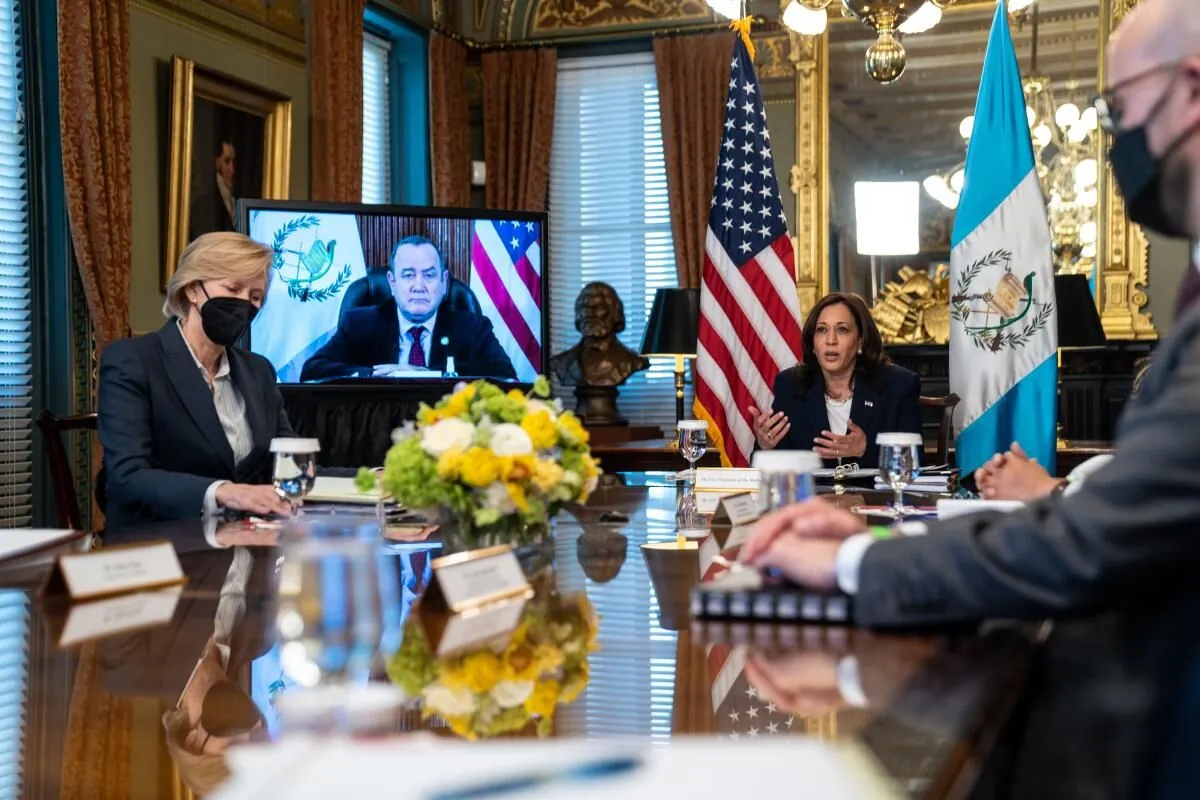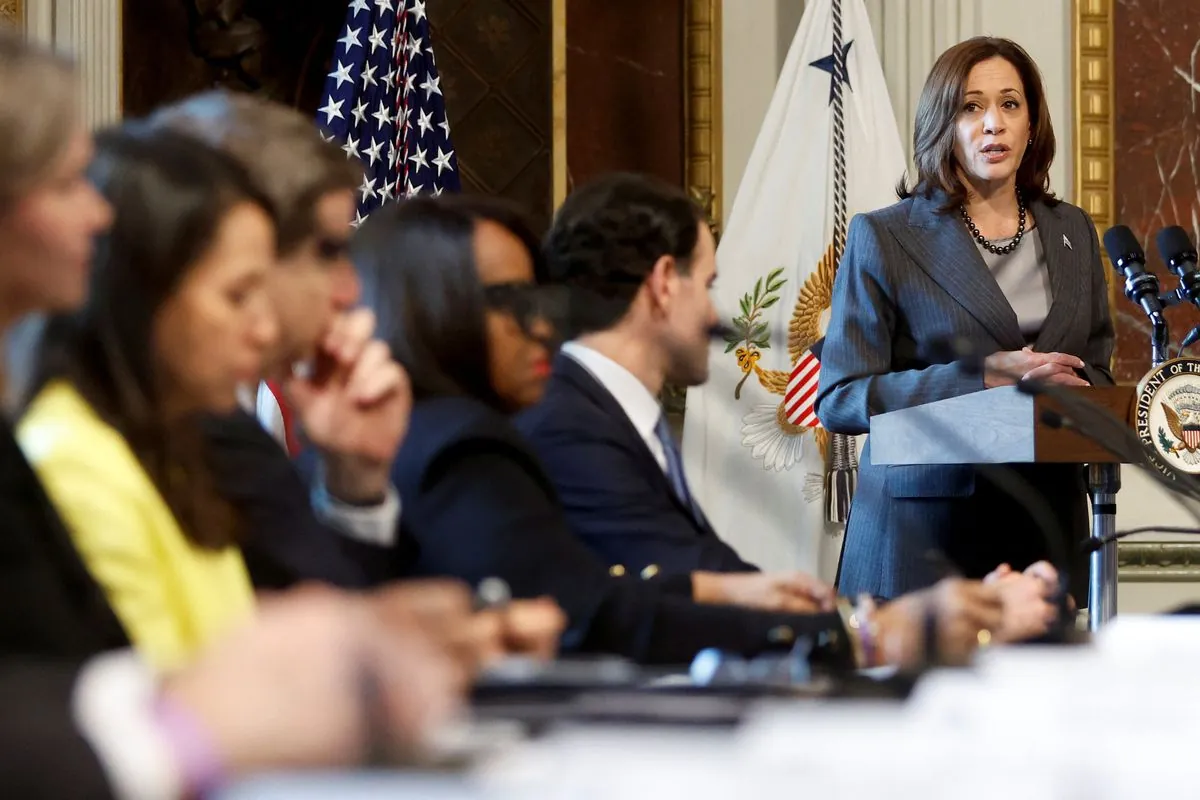Harris' Central American Investment Strategy: A Long-Term Approach to Migration
Vice President Kamala Harris focused on private investment in Central America to address migration, facing criticism and challenges. Her approach generated billions in investment promises, but its effectiveness remains debated.

In March 2021, President Joe Biden assigned Vice President Kamala Harris the task of addressing migration from Central America, specifically the Northern Triangle countries of El Salvador, Honduras, and Guatemala. This assignment, aimed at tackling the "root causes" of migration, has become a significant political challenge for Harris.
Harris adopted a cautious, long-term approach, focusing on boosting private investment in the Northern Triangle. Her strategy aimed to create jobs and strengthen economies, potentially discouraging migration to the United States. This approach, however, has drawn criticism for its limited scope in addressing the immediate humanitarian crisis at the U.S.-Mexico border.

The vice president's efforts have reportedly generated over $5.2 billion in investment promises. As of June 2024, companies have invested nearly $1.3 billion in the region, primarily in Guatemala and Honduras. Some companies, like Columbia Sportswear Company, report being on track to exceed their commitments, potentially creating thousands of jobs.
"We are on track to exceed our commitments. [Harris' approach is] a work in progress but a smart approach."
Harris also addressed corruption in Central America, meeting with exiled Guatemalan prosecutors and judges in Washington before her 2021 trip to Guatemala. Her involvement reportedly played a role in ensuring a smooth transition of power following Guatemala's 2023 election.
Critics argue that Harris' focus on long-term solutions failed to address the immediate border crisis. Mark Krikorian, executive director of the Center for Immigration Studies, contends that Harris' approach would take generations to show results, if at all.
The effectiveness of Harris' strategy remains debated. While migration from Northern Triangle countries has decreased since early 2021, experts are divided on whether this can be attributed to Harris' efforts or other regional factors.
Immigration continues to be a key political issue, with polls showing it among voters' top concerns. The debate over Harris' approach highlights the complex nature of addressing migration and the challenges of implementing long-term solutions in a politically charged environment.
As the 2024 presidential race heats up, Harris' campaign has begun emphasizing border security, promising to hire more border agents and combat human trafficking. This shift in messaging reflects the ongoing political pressure surrounding immigration issues.
The U.S. immigration system faces numerous challenges, including a backlog of over 1 million cases in immigration courts as of 2024. The debate over Harris' approach to migration underscores the need for comprehensive solutions that address both immediate concerns and long-term root causes of migration.


































